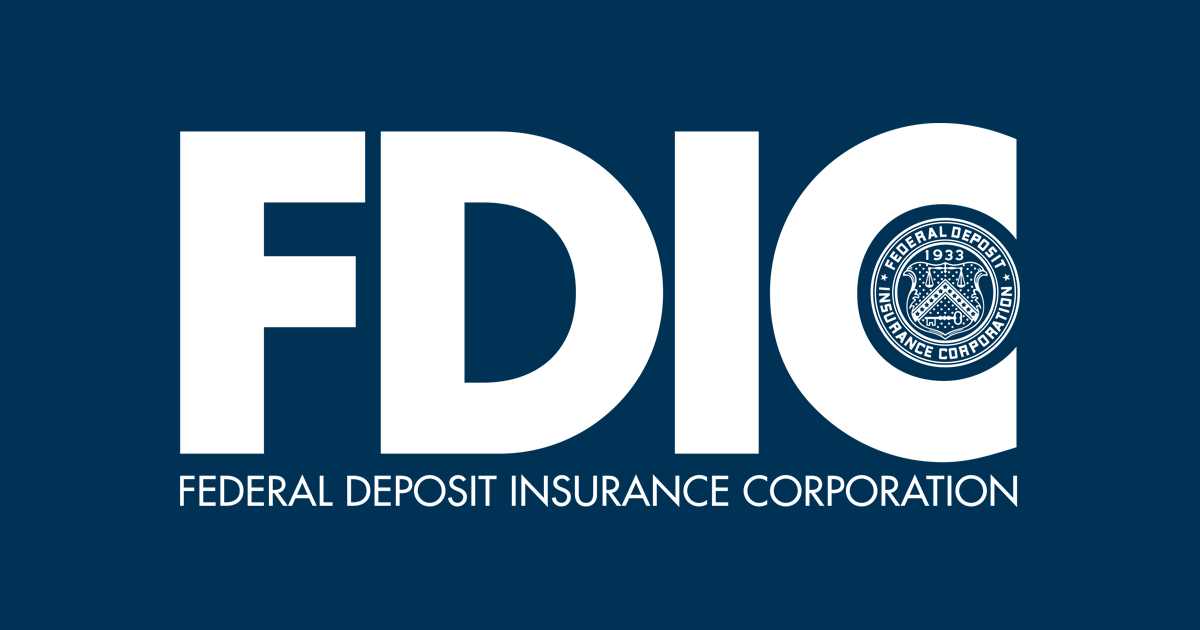The Federal Deposit Insurance Corporation (FDIC) is a government agency that insures consumer deposits at FDIC-insured banks. This means that if your bank fails, the FDIC will reimburse you for your lost deposits.
The FDIC was created in 1933 in response to bank failures during the Great Depression. More than 1,300 banks failed between 1929 and 1933, causing many people to lose their money. It is a self-funded government agency, which means it receives its funding from the banks it insures.
The FDIC insures consumer deposits up to $250,000 per account. This includes deposit and savings accounts, as well as money market accounts.
The advantages of FDIC insurance are:
- Your deposits are guaranteed up to $250,000 per account.
- You can access your money at any time: 24 hours a day, 7 days a week.
- Your money is safe even if your bank fails
- Your bank does not have to be located in your city or state.
- There is no fee to join the FDIC or to have your bank insured by the FDIC.
- The FDIC has been in existence since 1933 and has never failed to reimburse depositors.
If you are interested in opening an account at an FDIC-insured bank, visit the FDIC's Web site and use the bank locator tool to find a bank near you. Some of the most popular banks with FDIC protection include:
- Bank of America
- JPMorgan Chase
- Citigroup
- Wells Fargo
- Capital One
- HSBC
- Ally Bank
- SunTrust Bank
- PNC Bank













.svg)